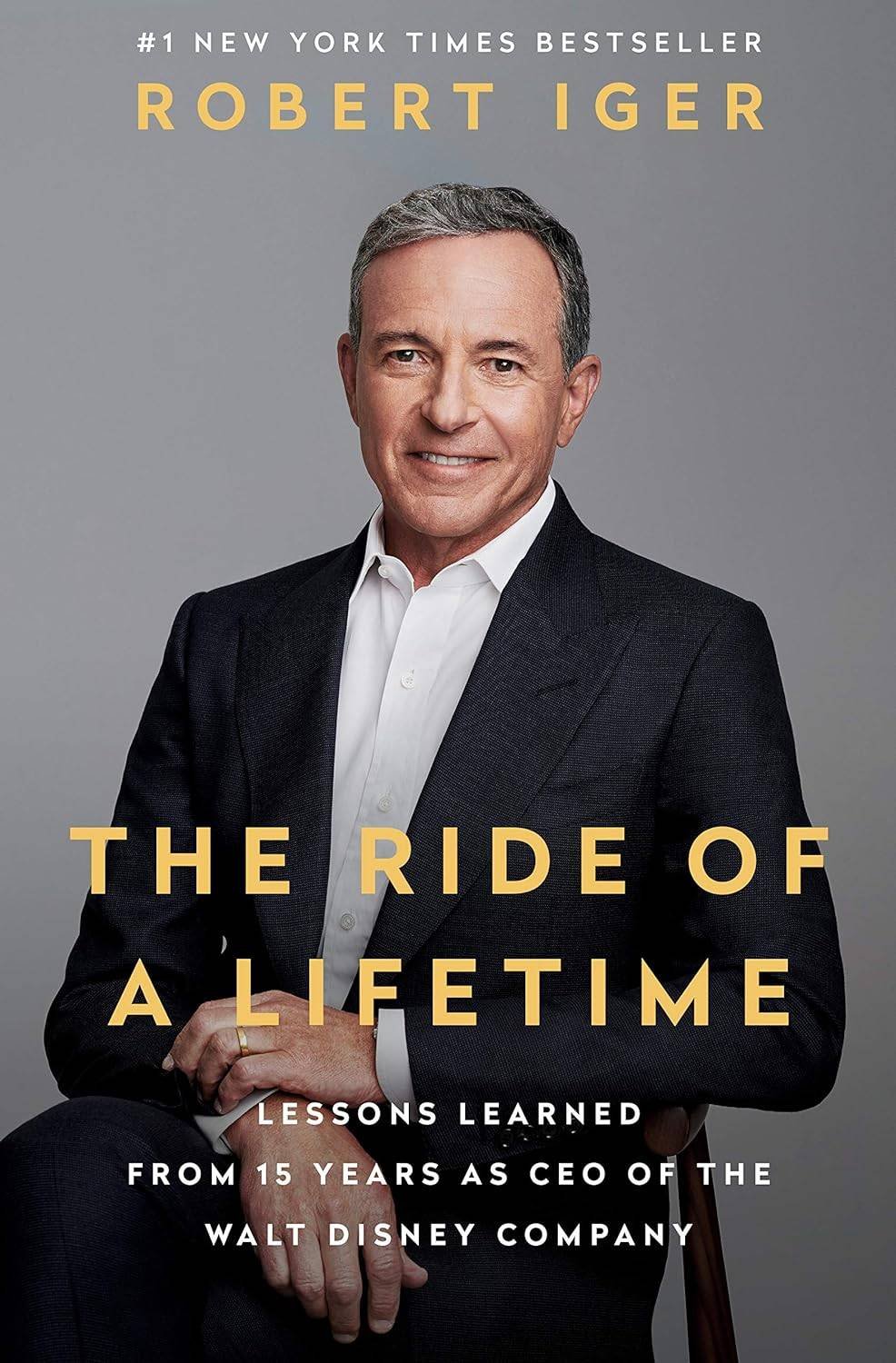|
|
Happy start to the week, everyone! I hope you all had a good weekend. ☀️ Our weekend was full of soccer and football as usual. I think we’re nearing the end of summer heat here in Texas and coming up on fall weather. I’m looking forward to finally having some long-sleeves-required type of weather soon. My daughter suggested for dinner last night that we cook hot dogs and sausages on a fire outside, so that’s what we did! I made some homemade buns in the evening and then got a fire going. There’s something really cool about cooking food outside by a fire a night. Again, with the weather turning cool soon, hopefully we’ll find more opportunities to do this. Let me know how you’re doing! Just reply back to this email and I’ll get your message. Kevin A Quote Three Things1 – 🖼️ DALL-E 3 in ChatGPT – The next version of Open AI’s image creation tool. DALL-E is now available – and it’s native in ChatGPT (available only to subscribers). It’s nice have access to the new version, and to not have to work in a separate interface. Below is the image I had it create to represent the evening I planned for last night.
2 – 🧠 Huberman Lab Podcast – I’ve listened to Andrew Huberman here and there, mostly when he was a guest on Tim Ferriss’ podcast. This week I downloaded a few episodes directly from Andrew’s own podcast, and I’ve enjoyed what I’ve heard. I started with his four-part episode series with Dr. Paul Conti about mental health. 3 – 🏎️ Austin Hosted F1 at Circuit of the Americas – After getting really into F1 when I did Formula SAE in college, I lost track for decades after graduating. I got into it again a few years ago thanks to the first season of the Netflix documentary. I’d like to go see the race next year when they come back around to Austin. Check out the linked 8-minute video to watch key moments from the race this weekend. Go McLaren! (not a spoiler) Deeper DiveAuthorship drives ownership. By being responsible for writing or creating something you feel a sense of ownership over it. Ownership and agency are powerful forces, and they can be triggered by authorship, for yourself and others. Imagine you’re in a meeting and your boss says, “Please make sure [so-and-so] turns in that report tomorrow.” What do you probably feel like you own? The task or the content of the report? Probably the task. So-and-so owns the quality of the content. Flipping that around, if you were the named author of the report, you’re now very likely to feel ownership over its content. You want it to be the best you’re capable of. This is authorship drives ownership at work! This concept comes into play in a lot of areas, but I’ll share just three examples in today’s newsletter: Learning, Meetings, and Driving Change. The first area of exploration is learning. The quote from Terry Doyle (that I discovered through How to Take Smart Notes by Sönke Ahrens) sums up the concept of authorship and learning. “The one who does the work does the learning”
If you pay someone to do your homework, did you learn anything? (about the homework topic, not about ethics :-)) No. What if you do the homework yourself? Yes, even if you struggle, you’re learning. It’s the doing – the authorship – that generates the learning. At work, think about the classic Monthly Business Review or a report as the equivalent of homework. Without getting into concepts of scaling and when and what to delegate, when you have someone else write something, they’re the one learning. They have to dive into the work to figure out what’s going on, how to synthesize it, etc. It’s the process of figuring out what to put on the page that generates business acumen and understanding. And since a lot of strategy is just figuring out what’s going on, the author of the content is in a much stronger position to add value to the organization. By being the author of something you’re going to learn it! While there are limits to what you can say yes to, the implication is to say yes to requests to author content. Make the offer to write something. This triggers ownership, learning, and value accrual to you – making you more valuable and powerful. The second area of exploration is in meetings. The idea here is to get people to participate. Draw them in. Ask their opinion. It’s actually pretty easy to unfreeze a group as long as you take a few minutes to do it. The simplest way is to get each participant to talk out loud. Just say something. Anything. It could be as simple as “How was your weekend?” or “What is costing your energy right now?” or “Ready?” What you’ll notice is that it doesn’t matter so much what the question is but rather that each participant simply say something out loud.
– Organizational Physics, Lex Sisney
If you leave a person in a meeting in a passive state, they are slowly creating a wall of separation. “This isn’t my meeting, it’s their meeting.” If the meeting is going poorly, then judgement also comes in: “They don’t know what they’re doing.” Getting people involved takes “they” and turns it into “we.” We makes ownership. We brings agency. People put their hand on the Ouija Board and start guiding it toward a better outcome. You unlock greater value for the meeting and the work at hand by getting everyone to participate. The third and final area of exploration is in change management. In general, people resist change. Pushing, telling, or just encouraging people to do something often makes them less likely to do it.
– The Catalyst, Jonah Berger
One aspect of why is because a person is being asked to enact someone else’s idea. You can reduce this by getting your change cohort to participate in the change. This can be as simple as asking to choose from a pre-determined set of choices on a small aspect of the change. This can be as involved as having them participate fully in upstream strategy development. Try to convince people to do something, and they spend a lot of time counterarguing. Thinking about all the various reasons why it’s a bad idea or why something else would be better. Why they don’t want to do what was suggested. But give people multiple options, and suddenly things shift. Rather than thinking about what is wrong with whatever was suggested, they think about which one is better. Rather than poking holes in whatever was raised, they think about which of the options is best for them. And because they’ve been participating, they’re much more likely to go along with one of them in the end.
– The Catalyst, Jonah Berger
No matter how you do it, getting people in your change cohort to author parts of the change provides agency and gives them a feeling of ownership. Then, they’re implementing their own ideas, making the change process much faster and lower effort. Those are three examples, but this idea can pop up in other areas of life (parenting! relationships!). The general principle is that authorship drives ownership. Being responsible for creating something changes the ownership dynamic. This ownership provides value back to you in the form of learning and knowledge. Ownership can make meetings more valuable and change efforts less effortful. What can you do this week to apply this idea? What important thing could you take ownership of this week by signing up to be its author? If you have a change that’s been stalling, or that you’ve got coming up on the horizon, how could you improve buy-in by engaging your change cohort in authoring details of the change? Good luck and have fun! Let me know your thoughts on this idea. I’d love to hear from you!
|




Comments are closed